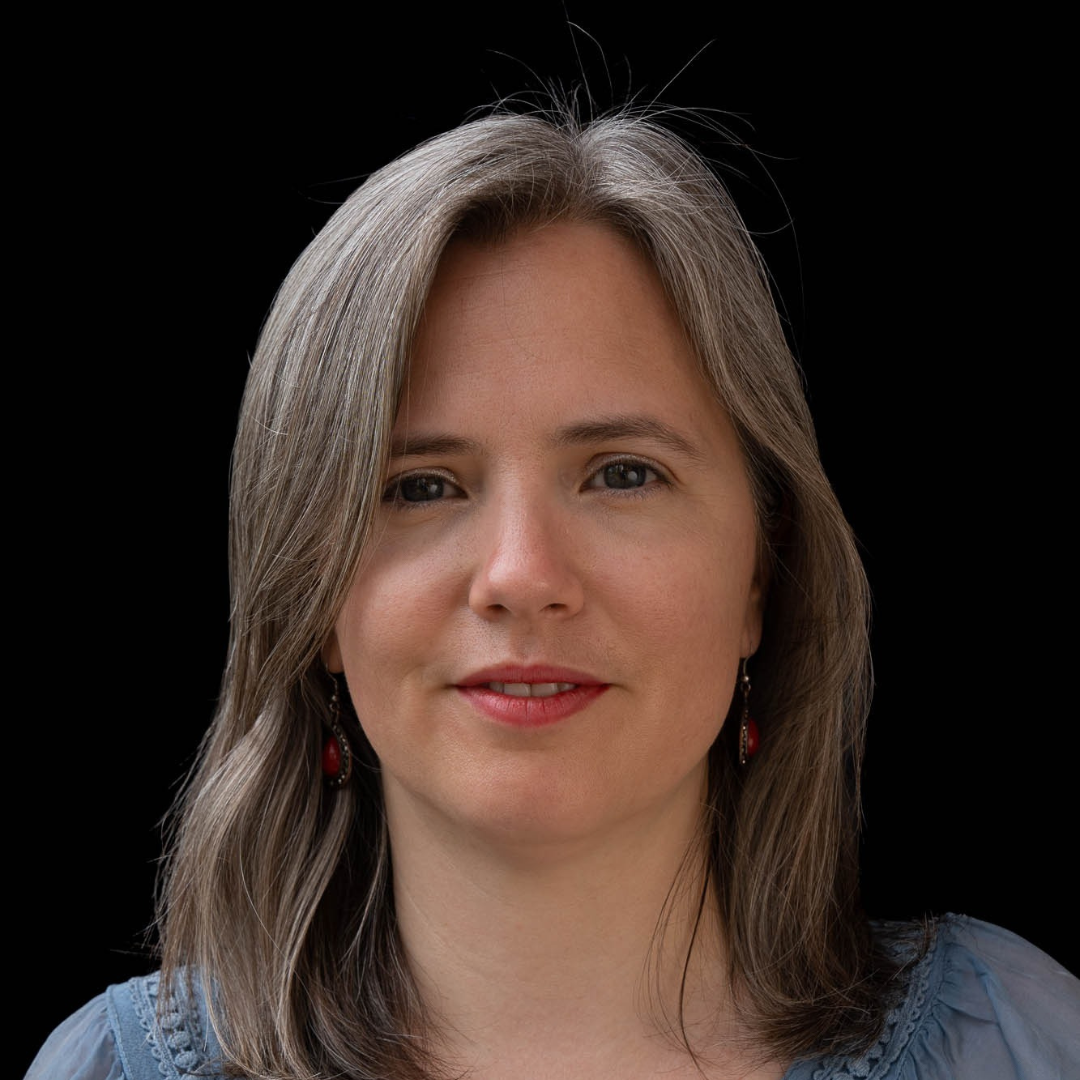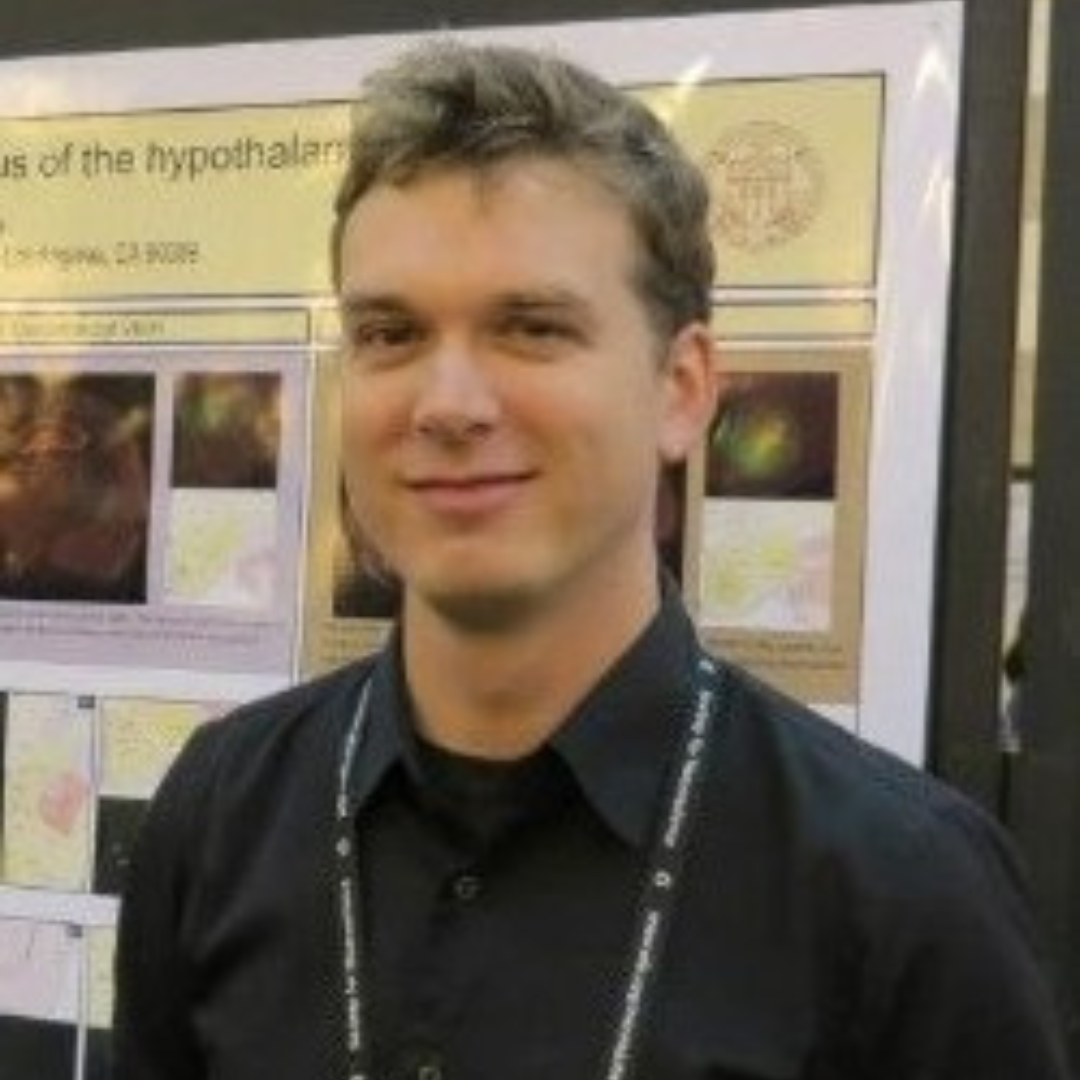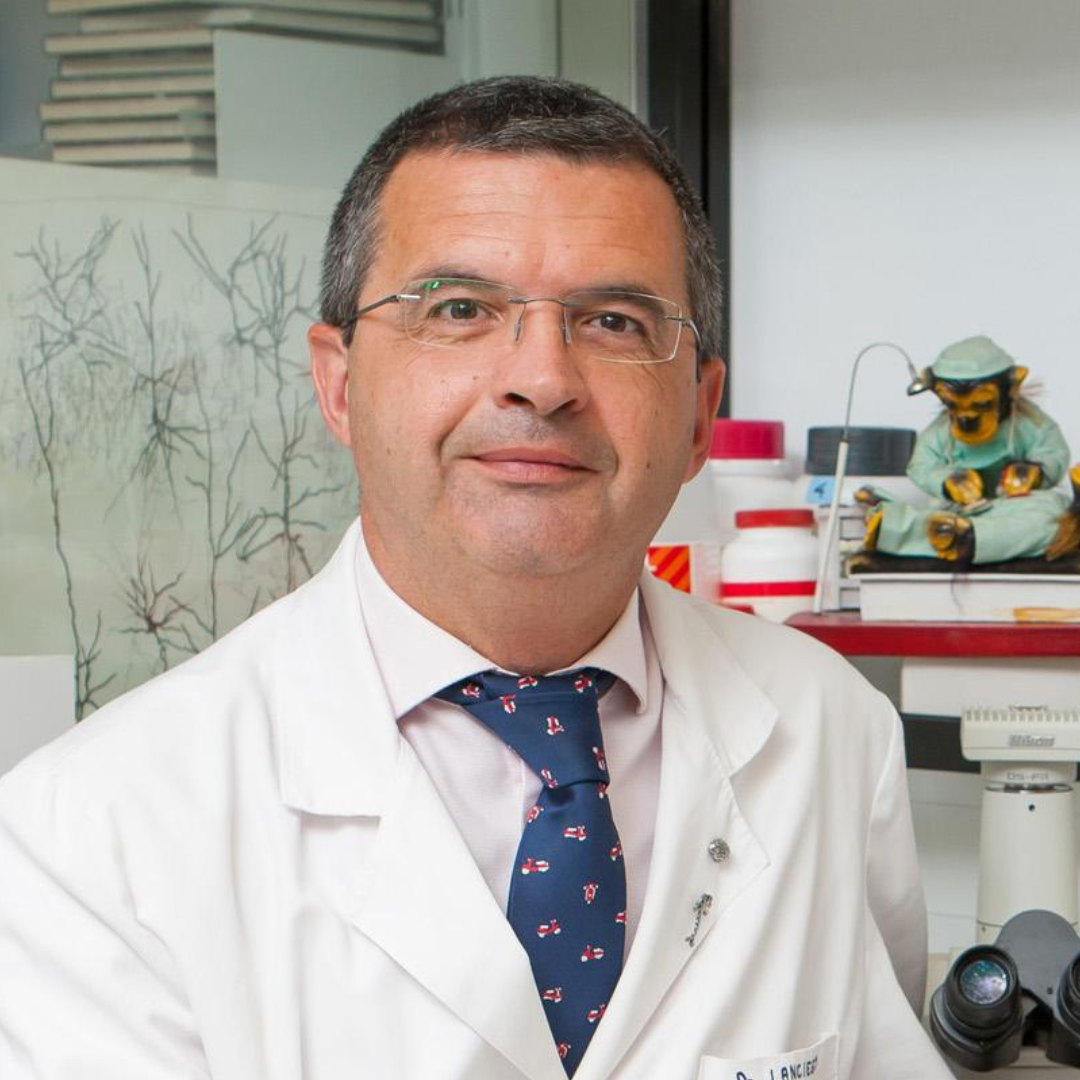Anna Beyeler (INSERM, FR), member of the FENS-Kavli Network of Excellence (FKNE)

Dr Beyeler received her undergraduate degree in Biochemistry from the University of Bordeaux (France) in 2006. She focused her doctoral training in electrophysiology roots at the same university. Afterwards, she joined the Picower Institute for Learning and Memory (MIT) as a post-doctoral fellow where she identified circuit and synaptic mechanisms of emotions in the amygdala, underlying memory formation and retrieval of positive and negative associations. After five years, she started her lab in the Neurocentre Magendie within the vibrant Neuroscientific community of Bordeaux, where her team studies the contribution of circuits of the insular cortex to emotional valence and anxiety, as well as the alteration of those circuits in pre-clinical models of psychiatric disorders. They use a wide panel of techniques, including fiber photometry recordings, in vivo and ex vivo electrophysiology, opto- and chemo-genetics, along with cutting-edge whole-brain circuit mapping. In 2020, Dr Beyeler was tenured as a principal investigator at the French Institute of Health (INSERM). She also received the Avenir fund of INSERM, is an associate member of the American College of Neuropsychopharmacology (ACNP) and a member of the FENS-Kavli Network.
Five selected publications:
- Beyeler A**, Ju A, Chagraoui A, Cuvelle L, Teixeira M, Di Giovanni G**, De Deurwaerdère P. Multiple facets of serotonergic modulation. Progress in Brain Research, 2021
- Ju A, Fernandez-Arroyo B, Wu Y, Jacky D, Beyeler A**. Expression of serotonin 1A and 2A receptors in molecular- and projection-defined neurons of the mouse insular cortex. Molecular Brain 2020
- Daviu N, Bruchas MR, Moghaddam B, Sandi C, Beyeler A**. Neurobiological links between stress and anxiety. Neurobiology of Stress 2019
- Beyeler A** Chang C-J, Silvestre M, Lévêque C, Namburi P, Wildes CP, Tye KM**. Organization of valence-encoding and projection-defined neurons in the basolateral amygdala. Cell Reports 2018
- Beyeler A, Namburi P, Glober, GF, Simonnet C, Calhoon GG, Conyers GF, Luck R, Wildes CP, Tye KM. Divergent routing of positive and negative information from the amygdala during memory retrieval. Neuron 2016
Nicholas Foster (UCLA, USA)
 Dr Foster received his PhD in psychology from the University of Southern California. Dr Foster’s career has focused on neuroanatomy and relating specific neural circuits to behaviour, physiological regulation, and neurological disorders. His first postdoc in the laboratory of Alan Watts explored the role of ventromedial hypothalamic circuits in glucoregulation. He then joined the laboratory of Hongwei Dong at UCLA to contribute to an investigation that comprehensively mapped the entire corticostriatal pathway from all cortical areas to the dorsal striatum in the adult mouse. That work defined 29 connectionally distinct domains in the striatum, each of which integrates a unique subset of cortical inputs. Following that project, he mapped the outputs of those 29 striatal domains to the globus pallidus and substantia nigra, and from there to the thalamus and back up to cortex. This work identified key differences in the architecture of the direct and indirect pathways, and provided the first demonstration of a complete cortico-basal ganglia-thalamo-cortical loop. His work has been published in Cell, Neuron, and Nature, among others.
Dr Foster received his PhD in psychology from the University of Southern California. Dr Foster’s career has focused on neuroanatomy and relating specific neural circuits to behaviour, physiological regulation, and neurological disorders. His first postdoc in the laboratory of Alan Watts explored the role of ventromedial hypothalamic circuits in glucoregulation. He then joined the laboratory of Hongwei Dong at UCLA to contribute to an investigation that comprehensively mapped the entire corticostriatal pathway from all cortical areas to the dorsal striatum in the adult mouse. That work defined 29 connectionally distinct domains in the striatum, each of which integrates a unique subset of cortical inputs. Following that project, he mapped the outputs of those 29 striatal domains to the globus pallidus and substantia nigra, and from there to the thalamus and back up to cortex. This work identified key differences in the architecture of the direct and indirect pathways, and provided the first demonstration of a complete cortico-basal ganglia-thalamo-cortical loop. His work has been published in Cell, Neuron, and Nature, among others.
José L. Lanciego (CIMA, Spain), member of the FENS Committee for Higher Education and Training (CHET)
 Dr Lanciego is ahead of the Laboratory of Functional Basal Ganglia Neuroanatomy at CIMA-University of Navarra. His current research focuses on gene therapy approaches for neurodegenerative diseases using non-human primate models. He is serving as a member of the FENS Committee for Higher Education and Training, as well as a Board Member of the International Basal Ganglia Society Council (IBAGS; US; since 2017), the International Brain Research Organization Pan-European Committee (IBRO-PERC; since 2020). He has published 128 papers in scientific journals with an h index of 43. In 2006, he was recognised as “Group of Excellence” in the field of neurodegenerative diseases by the Spanish Ministry of Health, therefore joining the “Network Center for Biomedical Research in Neurodegenerative Disorders” as a founding member. In September 2019, he has co-founded Handl Therapeutics B.V., a gene therapy company pushing forward the development of novel diseasemodifying therapies for the treatment of Parkinson’s disease.
Dr Lanciego is ahead of the Laboratory of Functional Basal Ganglia Neuroanatomy at CIMA-University of Navarra. His current research focuses on gene therapy approaches for neurodegenerative diseases using non-human primate models. He is serving as a member of the FENS Committee for Higher Education and Training, as well as a Board Member of the International Basal Ganglia Society Council (IBAGS; US; since 2017), the International Brain Research Organization Pan-European Committee (IBRO-PERC; since 2020). He has published 128 papers in scientific journals with an h index of 43. In 2006, he was recognised as “Group of Excellence” in the field of neurodegenerative diseases by the Spanish Ministry of Health, therefore joining the “Network Center for Biomedical Research in Neurodegenerative Disorders” as a founding member. In September 2019, he has co-founded Handl Therapeutics B.V., a gene therapy company pushing forward the development of novel diseasemodifying therapies for the treatment of Parkinson’s disease.
Associate Professor of Neurosciences
Senior Scientist and Director, Laboratory of Functional Basal Ganglia Neuroanatomy
Center for Applied Medical Research (CIMA)
University of Navarra, Pamplona, Spain